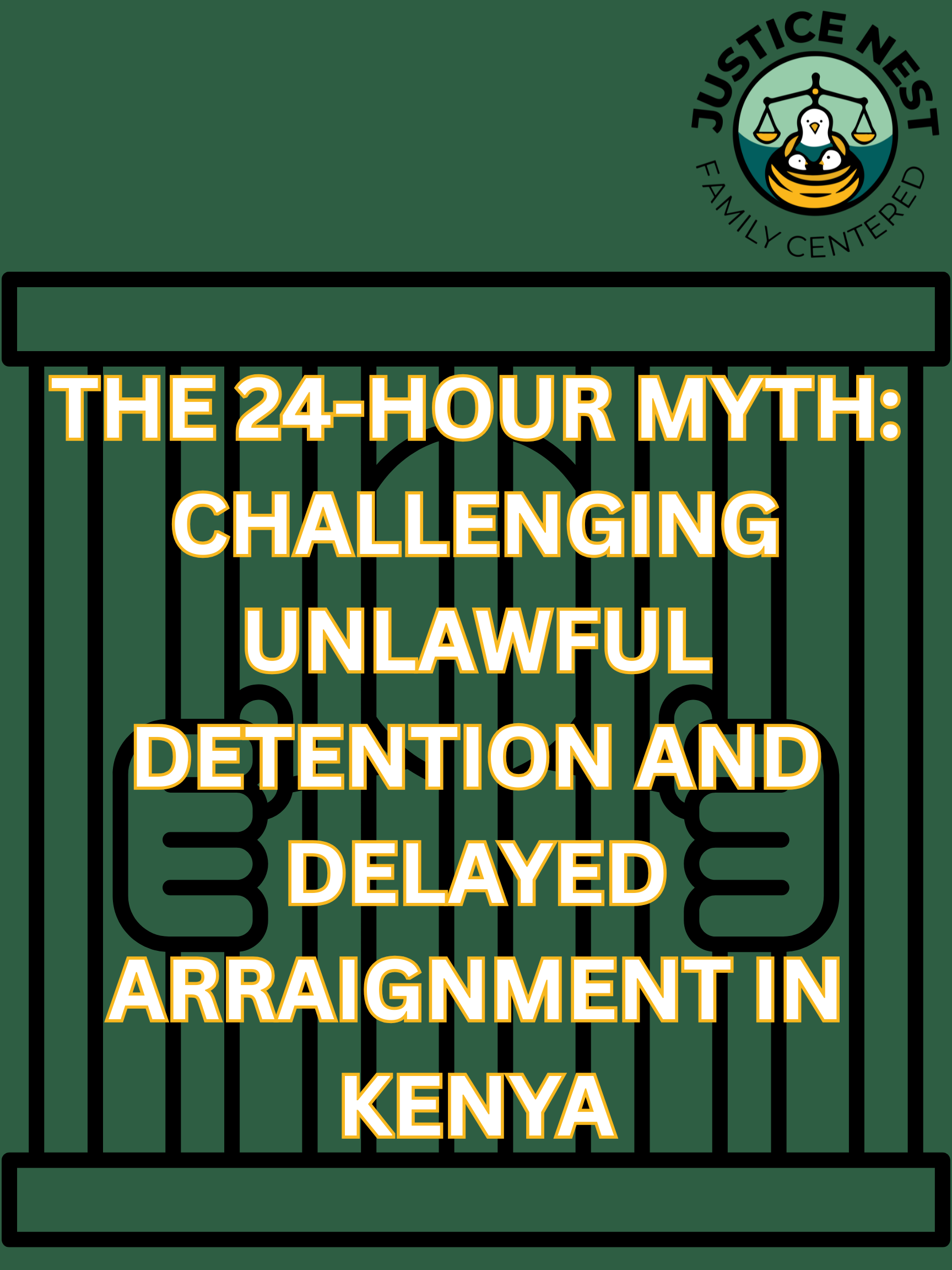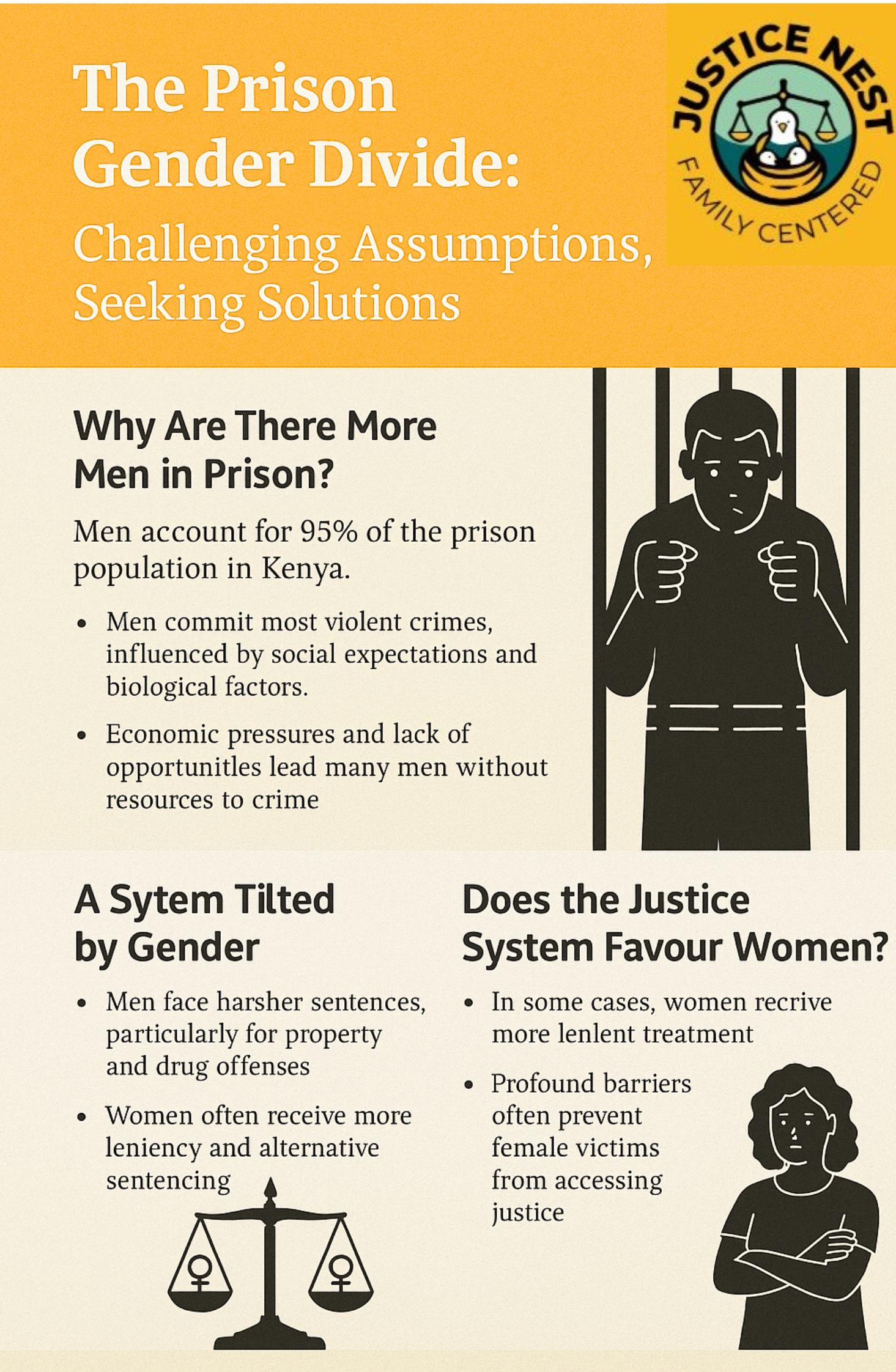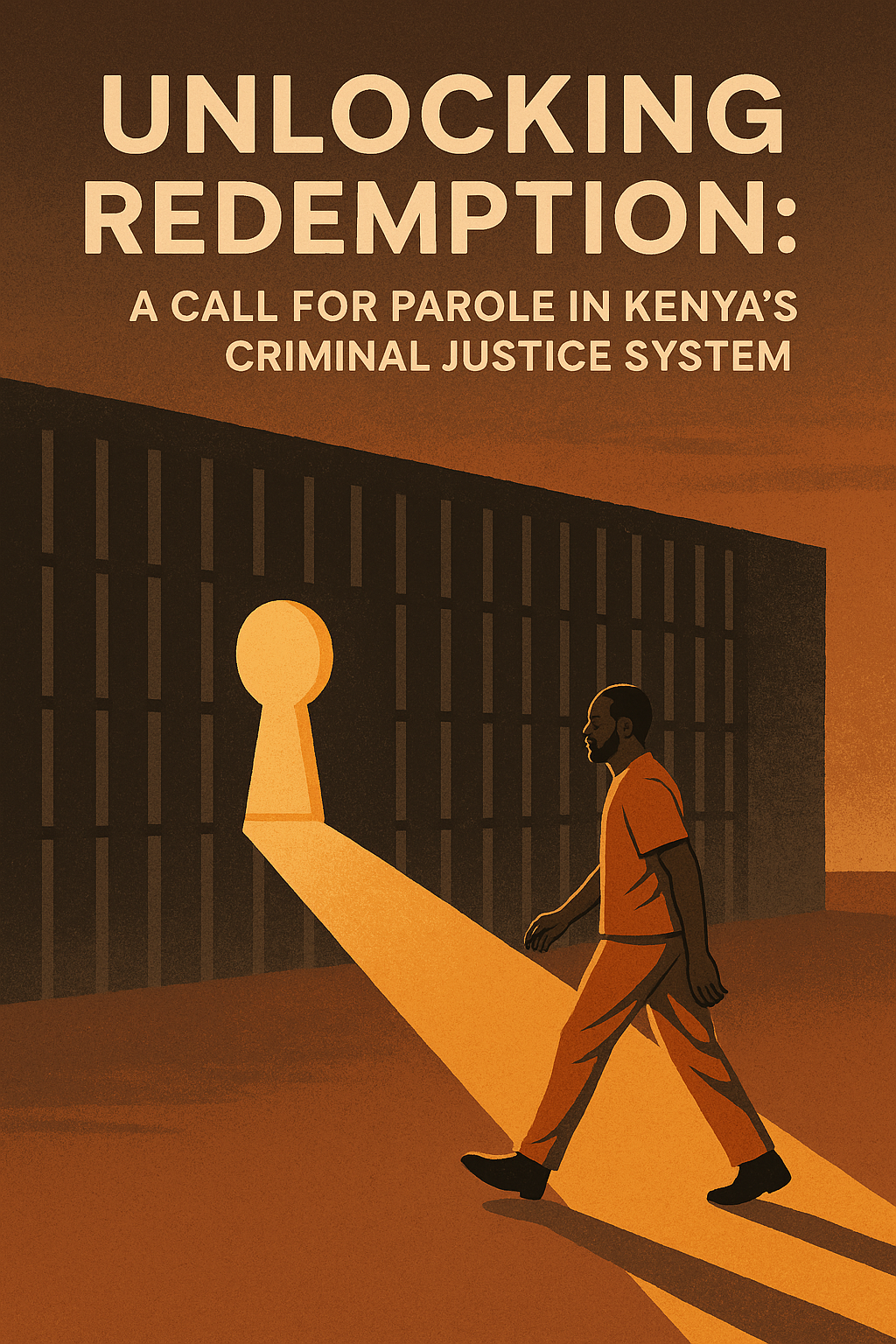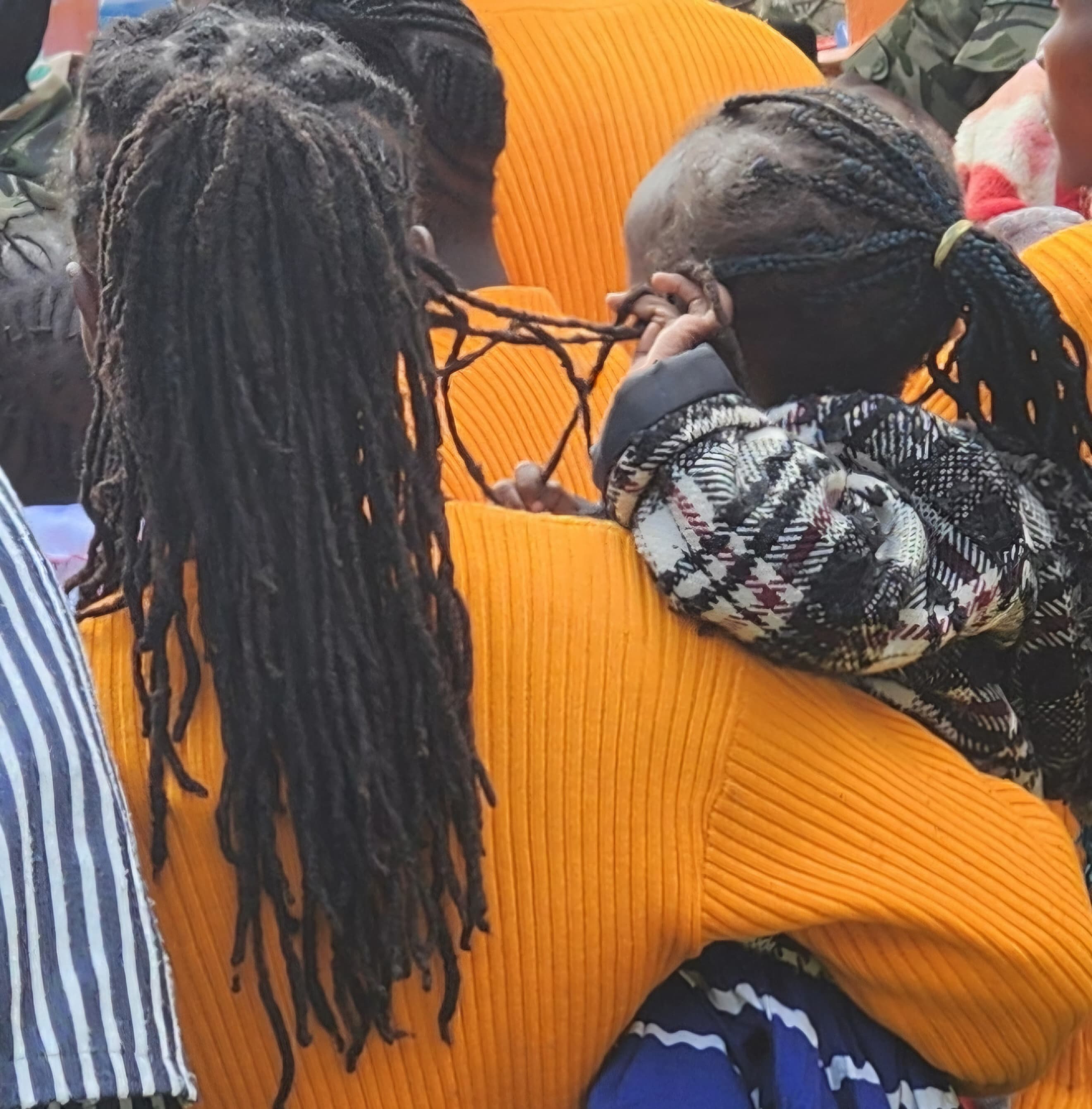Stories
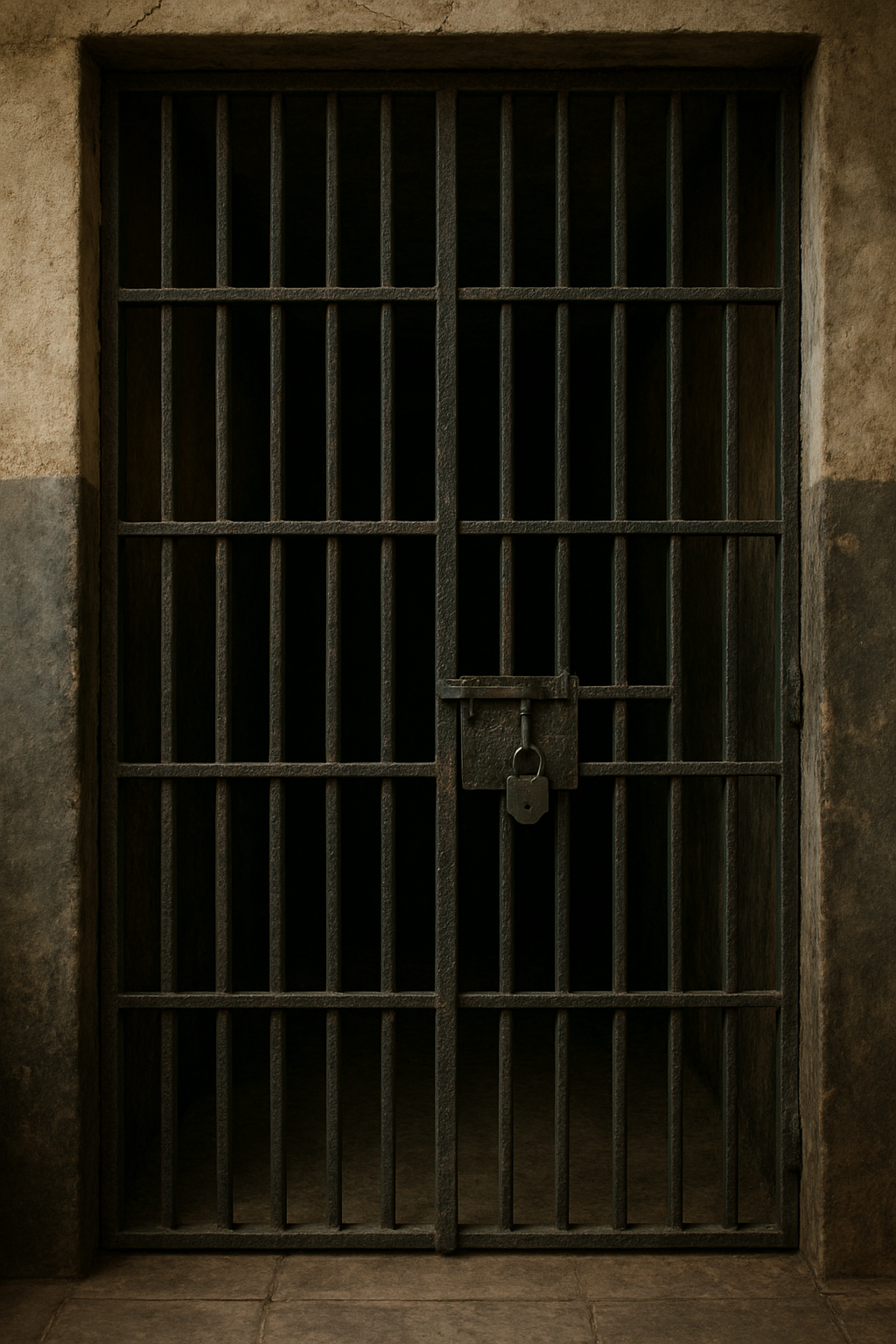
June, 2025
Understanding the Difference Between Civil Jail and Criminal Jail in Kenya
In Kenya’s legal system, imprisonment can arise from different types of legal proceedings—criminal cases and civil cases. While both may involve detention, the reasons, processes, and conditions differ significantly. This article breaks down the key distinctions between civil jail and criminal jail in Kenya.
Criminal jail refers to detention resulting from criminal proceedings, where an individual is accused of committing a crime (e.g., theft, assault, fraud, or murder). The state prosecutes the accused, and if found guilty, they may be sentenced to imprisonment.
Key Features of Criminal Jail in Kenya:
- Purpose: Punishment, deterrence, and rehabilitation.
- Who Sends You There? A judge or magistrate after conviction.
- Governing Laws: The Penal Code, Criminal Procedure Code, and Sentencing Guidelines.
- Examples of Offenses:
- Theft
- Murder
- Assault
- Drug trafficking
- Corruption
- Possible Outcomes:
- Prison sentence (e.g., Kamiti Maximum Prison, Lang’ata Women’s Prison)
- Fines
- Probation
- Community service
Civil jail on the other hand, also known as "civil imprisonment", arises from civil cases, where a person fails to comply with a court order (e.g., non-payment of debt, contempt of court, or refusal to obey a judgment). Unlike criminal jail, civil jail is not a punishment for a crime but rather a coercive measure to enforce compliance.
Key Features of Civil Jail in Kenya:
- Purpose: To compel someone to obey a court order (e.g., pay a debt, release property, or comply with a judgment).
- Who Sends You There? A judge in a civil case (e.g., High Court or Magistrate’s Court).
- Governing Laws: The Civil Procedure Act and Judicature Act.
- Common Reasons for Civil Jail:
- Failure to pay a court-ordered debt (e.g., child support, loan default).
- Contempt of court (e.g., refusing to obey a court order).
- Failure to surrender property as ordered by the court.
- Duration: Usually shorter than criminal jail (e.g., up to 6 months for contempt).
Release Conditions: The detained person can be released once they comply (e.g., pay the debt).
Key Differences Between Civil and Criminal Jail in Kenya:
| Aspect | Criminal Jail | Civil Jail |
|---|---|---|
| Legal Basis | Penal Code, Criminal Procedure Code | Civil Procedure Act, Judicature Act |
| Purpose | Punishment for a crime | Enforcement of court orders |
| Who Initiates? | State (DPP prosecutes) | Private party (e.g., creditor, ex-spouse) |
| Burden of Proof | Beyond reasonable doubt | Balance of probabilities |
| Duration | Years (depending on the crime) | Days or months (until compliance) |
| Can You Be Released Early? | Parole, presidential pardon | Immediate release upon compliance |
| Examples | Theft, murder, assault | Debt default, contempt of court |
Can Someone Go to Jail for a Civil Case? Yes, but only if they disobey a court order. For example:
- If a court orders you to pay a debt and you willfully refuse, you can be jailed for contempt.
- If a parent fails to pay child support, a judge may order civil detention.
However, Kenya’s 2010 Constitution (Article 49) protects against unjust detention, meaning civil jail should only be used as a last resort.
While both criminal jail and civil jail involve detention, they serve very different purposes:
- Criminal jail = Punishment for breaking the law.
- Civil jail = Enforcement mechanism for court orders.
Understanding these differences helps individuals navigate Kenya’s legal system more effectively. If you or someone you know is facing possible imprisonment, whether civil or criminal, it’s advisable to consult a lawyer to explore legal options.
